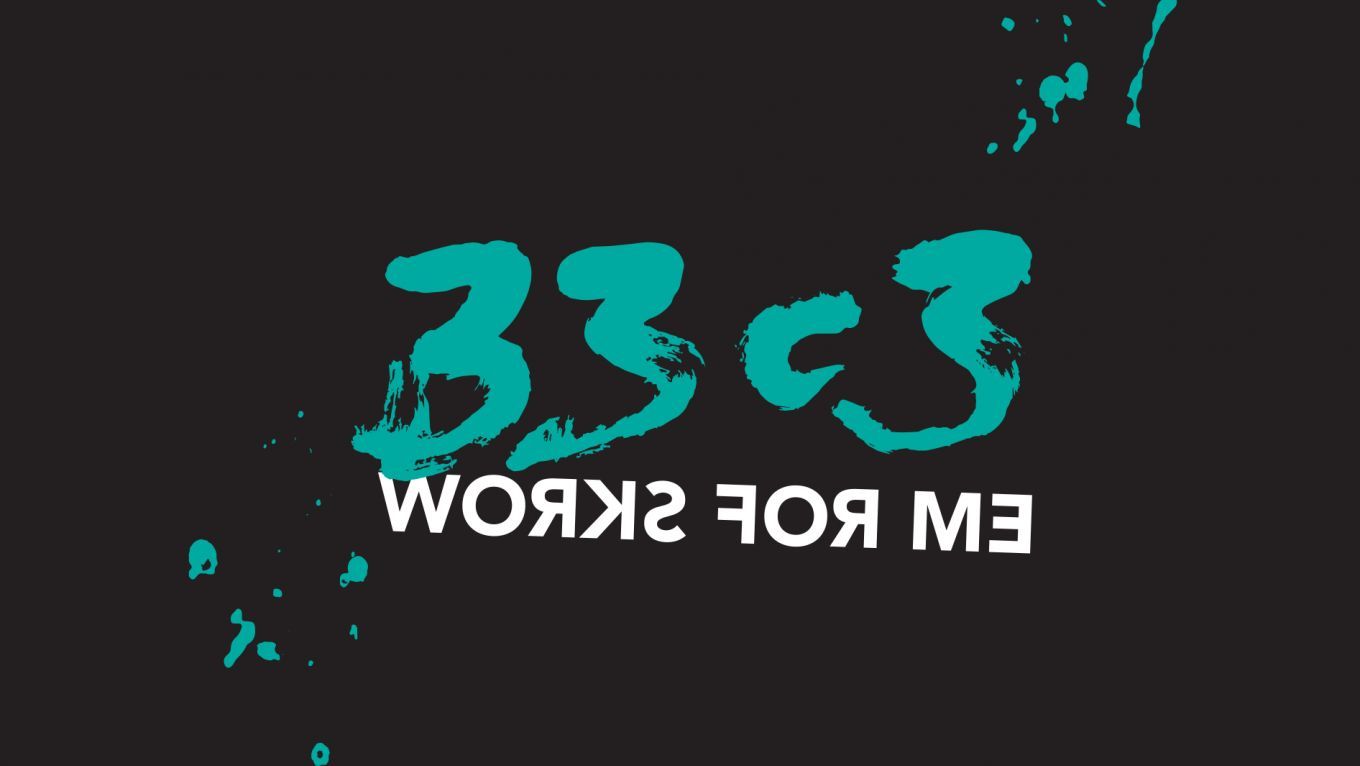Ethics, Society & Politics
Corporate surveillance, digital tracking, big data & privacy
How thousands of companies are profiling, categorizing, rating and affecting the lives of billions
Today virtually everything we do is monitored in some way. The collection, analysis and utilization of digital information about our clicks, swipes, likes, purchases, movements, behaviors and interests have become part of everyday life. While individuals become increasingly transparent, companies take control of the recorded data.
In his talk, Wolfie Christl will outline how today’s online platforms, data brokers, credit reporting agencies, insurers, mobile app developers and tech companies are collecting, analyzing, sharing and making use of vast amounts of data about our everyday lives – across platforms, devices and life contexts. In October 2016, his book „Networks of Control“ was published, a comprehensive report about privacy in times of corporate surveillance, digital tracking and big data. The report was co-authored by Sarah Spiekermann, a renowned privacy scholar, and not only exposes the full degree and scale of today’s personal data industry, but also shows how algorithmic decisions on people lead to discrimination, exclusion and other harms.
Based on many examples, Wolfie Christl will give an overview of his research: Who are the players in today's surveillance economy? How do networks of online platforms, tech companies and data brokers really collect, analyze, trade and make use of personal data? What can be inferred from our purchases, web searches and likes? How is analytics based on personal information already used in fields such as insurance, finance, healthcare and employment to treat people differently? And, what are the societal implications and risks of ubiquitous corporate surveillance?
Additional information
| Type | lecture |
|---|---|
| Language | English |
More sessions
| 12/27/16 |
As they say in the Air Force, ‚No comms no bombs‘, – A technician’s insight into the invisible networks governing military drones and the quest for accountability
|
| 12/27/16 |
Both strong end-to-end communications encryption and device encryption are legal in most jurisdictions today, and remain widely available. Yet software programmers and hardware producers are increasingly under pressure from law enforcement and policy makers around the world to include so-called backdoors in encryption products.
|
| 12/27/16 |
Polizeibehörden und Geheimdienste sammeln Daten der Bürger – mehr als je zuvor. Der Bestand an unterschiedlichen Datenbanken ist enorm gewachsen und geradezu unübersichtlich geworden. Aufgrund datenschutzrechtlicher Regelungen gibt es für etliche dieser Datenbanken einen gesetzlichen Auskunftsanspruch des Bürgers.
|
| 12/27/16 |
In early 2015, the Federal Bureau of Investigation hacked computers in Austria, Denmark, Chile, Colombia, Greece, and likely the United Kingdom and Turkey too. In all, the agency used a Tor Browser exploit to target over 4000 computers spread across the world based on a single, arguably illegal warrant.
|
| 12/27/16 |
This talk presents the results of the technical analysis for the German Parliamentary Committee investigating the NSA spying scandal on geolocation methods in mobile networks.
|
| 12/27/16 |
Nach drei Jahren wurde endlich die nutzerunfreundliche Praxis des Routerzwangs („Compulsory Routers“) gesetzlich für unzulässig erklärt, und aktuell treibt uns die EU-Funkabschottung („Radio Lockdown Directive“) um. Um was geht es dabei? Und was können wir daraus für andere Fälle lernen?
|
| 12/27/16 |
After three years the EU has for the first time new Net Neutrality rules. What do they mean in practice? Which commercial practices by ISPs are allowed and which have to be punished by the telecom regulator. We give an overview about three years of campaign and where we go from here.
|

